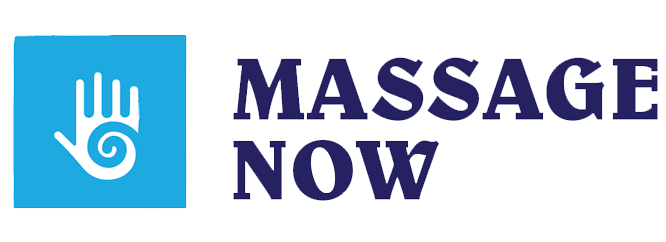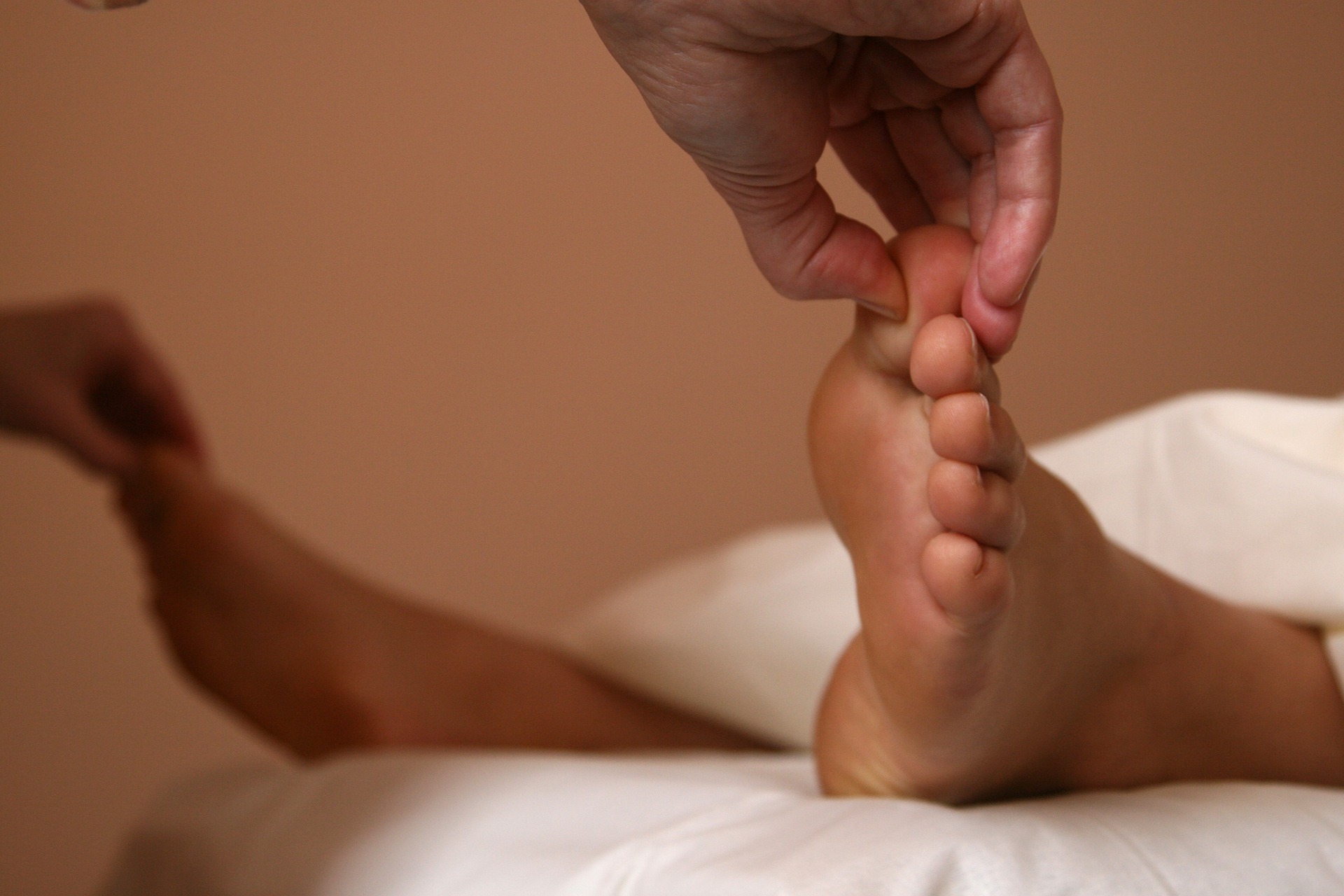The loss of a loved one or an unexpected change in life, like the loss of a job or home, is difficult to handle at any point in life. And the grief that accompanies that experience can impact every part of your life, including your personal, social, professional, and physical wellbeing.
Coping with grief can be challenging, especially since the path towards healing can look so different for each person. Although there’s no single solution to managing grief, massage therapy, which has physical, emotional, and mental benefits, can help.
What is grief?
Grief is the intense and often overwhelming response to the loss. Most frequently, grief is associated with the loss of a loved one—expected or unexpected—but it can also manifest after losing something an individual deeply values, like a job, a home, a relationship, or physical capability (i.e., disability).
The process of grieving looks different for everyone, but those going through it commonly experience a variety of emotions, including sadness, anger, guilt, or even a sense of relief if the loss followed a prolonged battle with a terminal illness.
Frequently, we discuss grieving that happens in stages, starting with shock and denial and then moving through pain and guilt, anger, bargaining, depression, and acceptance. However, many individuals experience various stages of grief in tandem or volley back and forth throughout the mourning process.
Similarly, though there are “stages” associated with grief, the amount of time it takes someone to move through their grief can vary tremendously; some may grieve for months while others may travel their path for a year or more.
When we think about grief, we often think in terms of emotional responses. That’s a reasonable definition, as grief is primarily emotionally driven; however, those emotions and the grieving process can also lead to physical manifestations of grief.
Grief can leave the body in a constant state of “fight or flight”, increases stress hormones, and ultimately has negative consequences on the body and mind. Further, studies have shown that those experiencing grief may be at an increased risk of heart issues, anxiety, digestive issues (e.g., nausea and IBS), back pain, joint pain, headaches, and tension that leads to muscle pain and stiffness. Grief can also lead to sleep problems, including both fatigue and insomnia.
Each of these symptoms can make coping with grief and resuming “normal” activities more challenging. Over time, the physical effects of grief can also lead to or contribute to health problems, like those mentioned above.
Can massages help with grief?
Yes— massage therapy can help with grief. However, the physical pain associated with grief can make it harder to feel better, making it harder to maintain a positive outlook and move forward in a healthy and meaningful way.
Massage therapy can alleviate many of the physical pains directly and indirectly associated with grief, making it a suitable way to cope with your emotions and practice self-care.
Is a specific type of massage better to help with grief?
Because grief affects everyone differently, there’s no single answer to “which type of massage is best for grief?” Instead, the best massage therapy for you is the one that aims to address the symptoms you’re experiencing.
Some massage techniques are better at helping you cope with the emotional and mental effects of grief, including anxiety and depression while making it easier to reach a peaceful and mindful state of existence.
If you’re seeking a massage therapy that will help cope with those symptoms, or you want one that aims to provide physical as well as emotional and spiritual healing, a Lomi Lomi massage may be a wise choice. Similarly, a reflexology massage, which can help clear blocked energy, reduce anxiety, and improve sleep, may also be worth considering.
On the other hand, if you’re experiencing increased muscle pain and tension, a Swedish massage, deep tissue massage, or upper body massage may be a better option. Your therapist will use varying degrees of pressure and movement during these sessions to address targeted or full-body muscle pain.
Another great option that we recommend to our clients is our signature massage, which incorporates reflexology techniques with upper body and Himalayan Salt Stone massage therapies. Combined, these techniques can provide relief from the physical and emotional symptoms of grief.
If you’re experiencing the side effects of grief, it’s essential that you work with friends, family, and trusted medical professionals to determine how best to move forward. You should also seek out opportunities that allow you to practice self-care. Massage therapy is an excellent way to do just that.
For those experiencing grief, the benefits of massage therapy can treat many of the physical manifestations of grief, including muscle pain and anxiety.


